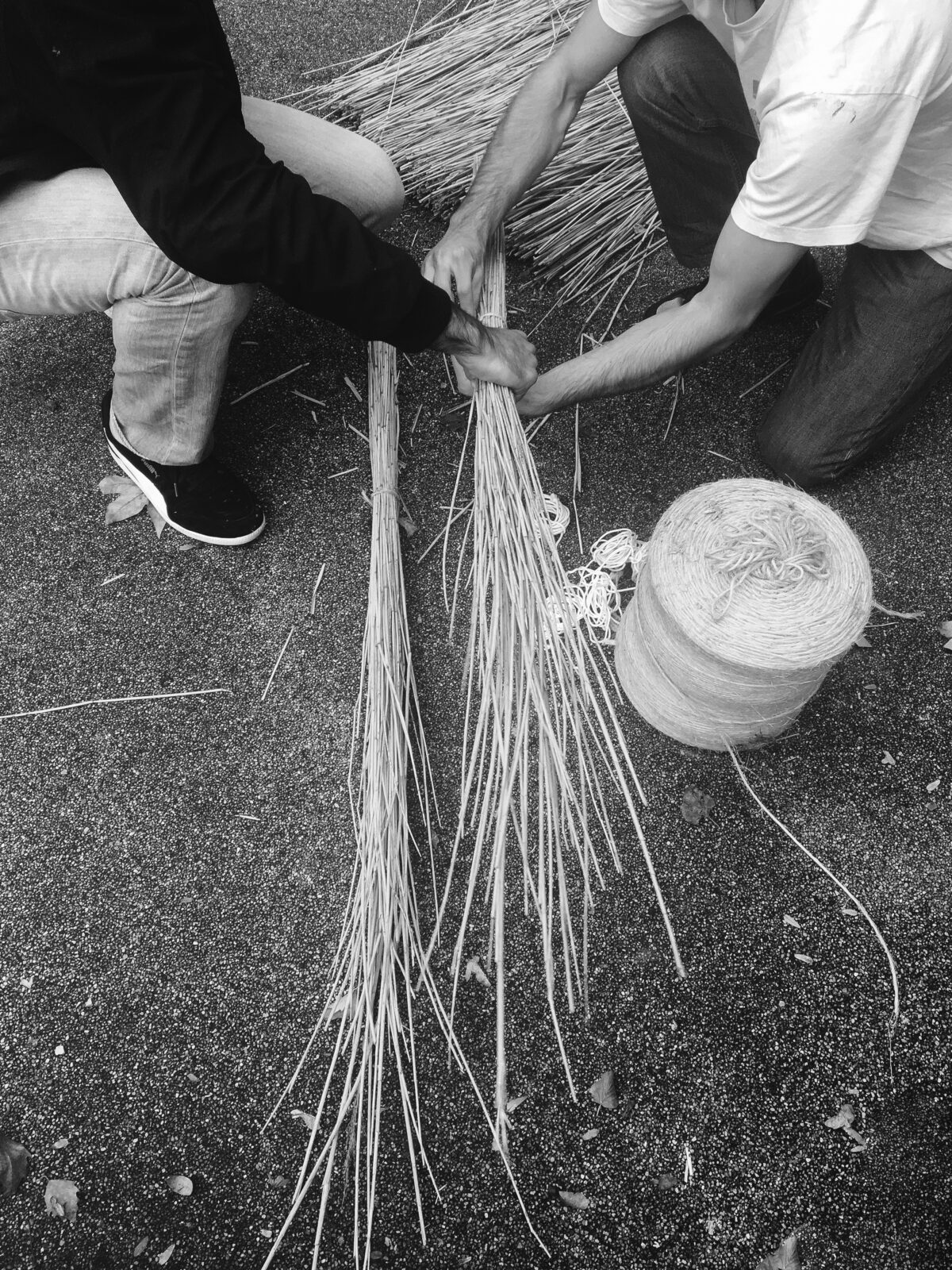
Within ENSA Normandie, the Experimentation field of study brings together students and teachers around a design and research method - experimentation - and a problem - eco-construction.
Through project workshops, a research seminar and several workshops, the field of study offers a set of coherent yet autonomous courses. They provide an opportunity to put experimentation at the heart of learning in various forms , to act concretely on an environment, to perceive and represent the effects of this action, and to give it meaning - that is to say, significance and direction.
All scales are concerned, from the use of construction materials, to the layout of spaces in a building, to the planning of the city and the territory.
Through their project work, their investigations in the field and with the actors, and the technical experiments carried out in and ex situ, the students are led to reflect on the ways of doing and thinking of architects, and to transform them.
The challenge is to adapt them to the new conditions of production of the built environment, which are marked by the depletion of resources, climatic upheavals, and emerging uses and lifestyles.
By appealing to the imagination and commitment of students, the Experimentation field of study thus aims to work in a forward-looking and critical manner on eco-construction practices.
3 project workshops
- In semester 7, the aim is to experiment with the shaping and implementation of the material resources of the architecture.
- In semester 8, the aim is to experiment with the quality of architectural atmospheres and ambiences in a Normandy coastal situation, considering the climate as a resource for architecture.
- In semester 9, the aim is to experiment with the resilience of architecture in a given territory in the face of changing uses, needs and climate change.
1 seminar
Within the Experimentation field of study, the research seminar aims to contribute to the knowledge of architecture and urbanism in the light of the challenges of the fight against global warming, the depletion of resources and the preservation of biodiversity. The students develop a critical reflection on the ecological fabric of architecture and urban spaces by studying and deconstructing the practices of the various actors.
Students are supervised by a multidisciplinary team of teachers. They mobilise the tools of the human and social sciences, engineering sciences and, of course, architecture. They engage in empirical and experiential investigations in the field and with actors - elected officials, experts, industrialists, inhabitants, etc., and occasionally in physical and technical experiments.
3 factories
The factories are an opportunity to learn by doing, on the scale of an architectural fragment, on a 1/5th scale or on a real size. They allow for the confrontation of design and production in the same time and space.
- 1 single S7 factory
- 2 S8 factories: 1 wood factory + 1 scenography factory